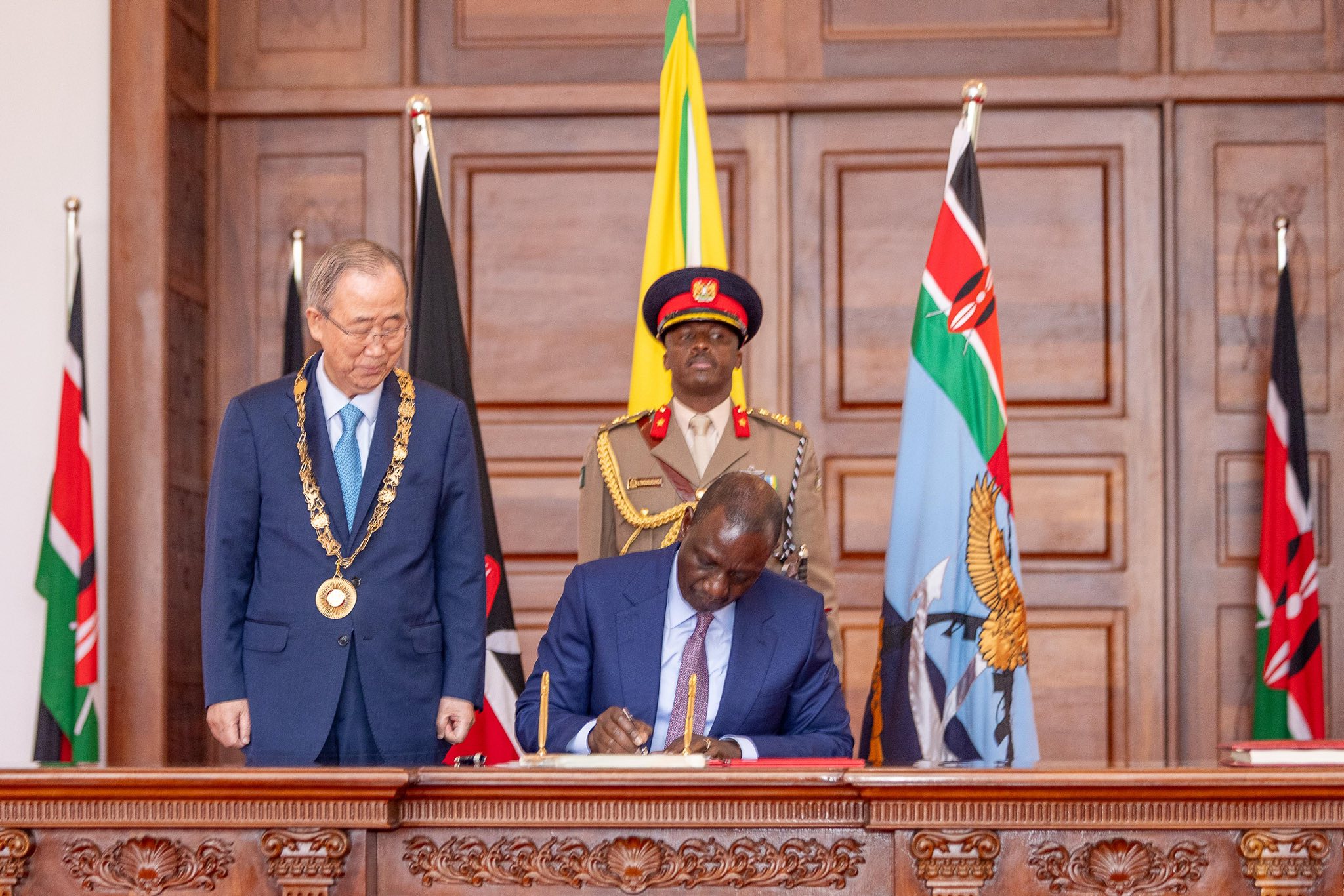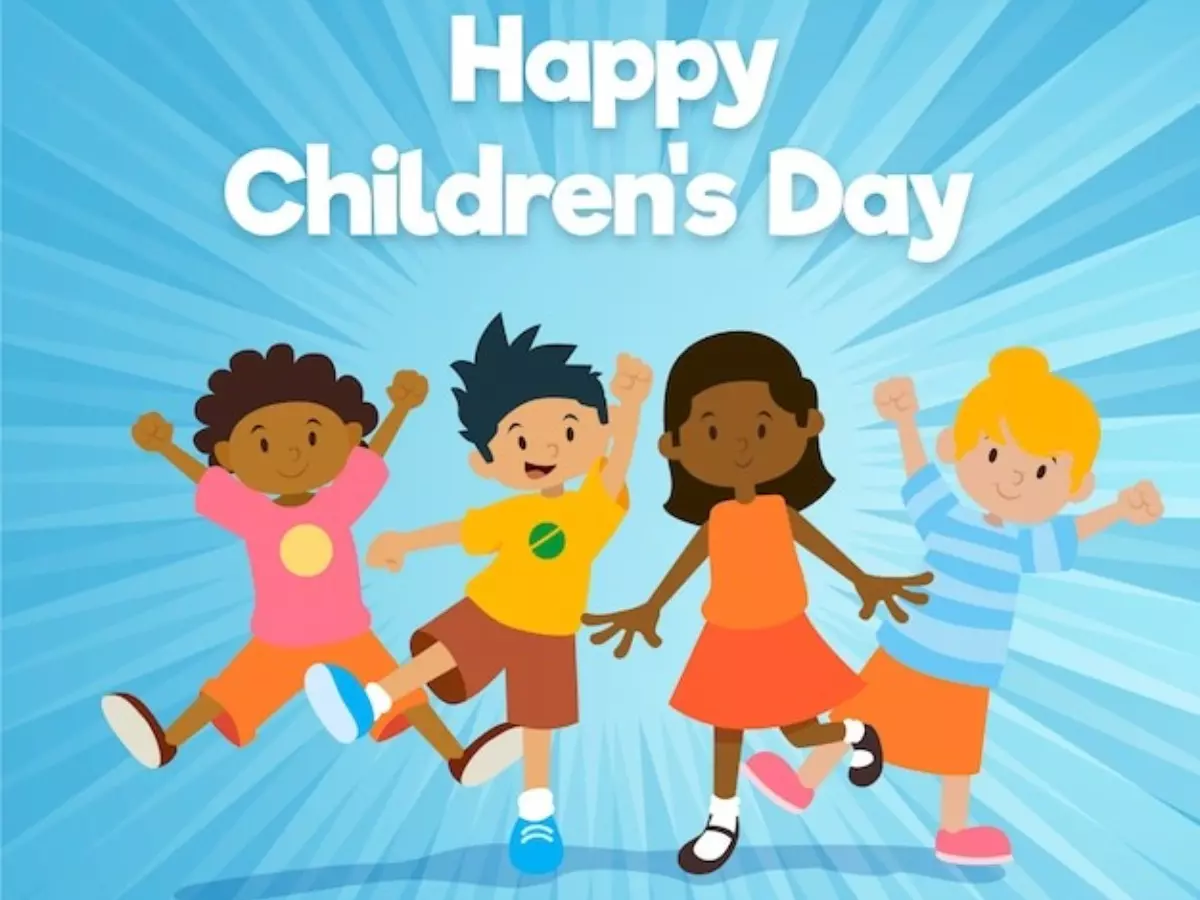WORLD KISWAHILI LANGUAGE DAY
“Language is the expression of ideas by means of speech sounds combined into words. Words are combined into sentences, this combination answering to that of ideas into thoughts.” Henry Sweet’s quote welcomes us to the World Kiswahili Language Day.
United Nations Educational, Scientific and Cultural Organization (UNESCO) member states declared July 7th World Kiswahili Language Day during its 41st Session in Paris, 2021, in order to inform and raise awareness of their history and culture, because they believed language plays a vital role in development, cultural diversity and strengthening cooperation.
This year's celebration is the first to be held under the theme ‘Kiswahili for peace and prosperity.
The mission of the annual celebration will be to promote the use of the Kiswahili language as a tool of unity, peace, and enhanced multiculturalism.
Multilingualism for UNESCO and an as important core value of the United Nations, is an essential factor that harmonizes communication between people hence, promotes unity in diversity and international understanding, tolerance, and dialogue.
Kiswahili language has developed into one of the most common languages used by African countries with more than 200 million speakers.
During the colonial period, Kenya’s first president the late Mzee Jomo Kenyatta adopted the language by use of slogans such as “Harambee” to mobilize Kenyans just the same way as Tanzania’s late Mwalimu Julius Nyerere, used Kiswahili as a unifying language for independence struggles.
The language has also dominated prominent media houses in the world including BBC, VOA, Deutsche Welle, Radio China, and Radio Tehran, not forgetting learning institutions as a communication tool.
Kiswahili has stood out amongst the foreign languages which is a great achievement as most African cooperations such as African Union (AU), Southern African Development Community (SADC), and East African Community (EAC) have adopted it as an official language.
Countries are celebrating this day differently, in Kenya Tourism and Wildlife CS Najib Balala, led the National Steering Committee of Kiswahili Day 2022 Celebration in preparations which will be the center of all celebrations.
ORIGIN OF THE KISWAHILI LANGUAGE
Kiswahili is a Bantu language of the Niger-Congo family and has a complicated Bantu structure, the word Kiswahili comes from the Arabic word the Sahel, meaning ‘coast.’ Ki- is a prefix referring to language.
The language was birthed during the Arab and Persian trade with East African coastal communities.
The traders settled in the local coastal communities, resulting in a hybrid Bantu-Arabic culture that is distinctive in its dialect, architecture, and adoption of the Islamic religion.
Kiswahili has a large vocabulary of words traceable to Arabic.
Tags: United Nations World Kiswahili Language Day Unesco Origin Of Kiswahili Najib Balala


